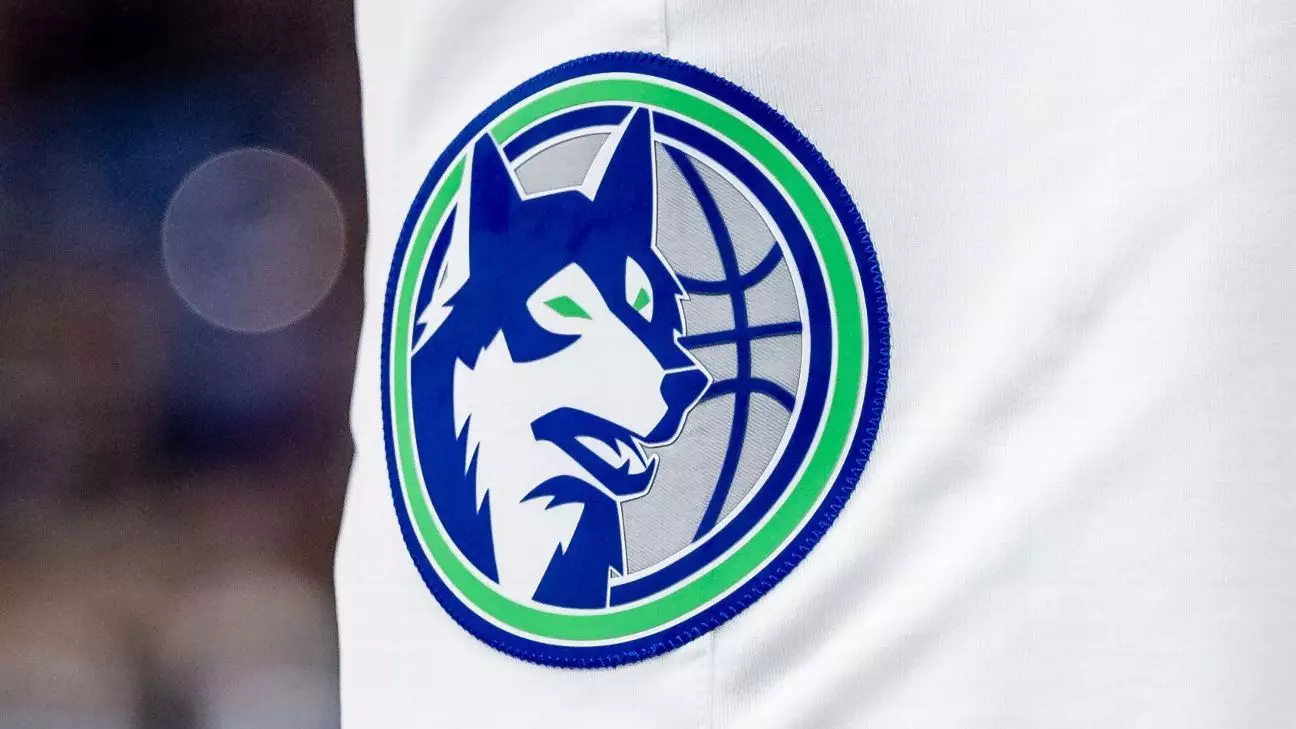The Minnesota Timberwolves and Lynx could be undergoing a significant shift in ownership dynamics, poised to transition from Glen Taylor to prospective buyers Marc Lore and Alex Rodriguez. Recent developments surrounding this anticipated change have generated substantial buzz in the basketball world, particularly concerning the implications of an arbitration ruling in favor of Lore and Rodriguez. This decision does more than just set the stage for a vote from the NBA’s board of governors; it poses crucial questions surrounding ownership standards, the impact of financial valuations in sports franchises, and the broader implications for the future of the Timberwolves organization.
A three-person arbitration panel concluded that current owner Glen Taylor’s actions potentially violated the terms outlined in the sales contract. This panel’s judgment holds significant weight, as it effectively clears a path for Lore and Rodriguez to proceed with their bid to acquire a controlling stake in the franchise. The crux of the dispute lies in the interpretation of a deadline related to a $600 million payment, a pivotal financial transaction that Lore and Rodriguez argue should have qualified for a 90-day extension. The arbitration process culminated in a week-long hearing, exposing the fragility of contractual agreements in high-stakes business dealings, particularly in the fast-paced world of professional sports.
However, this ruling doesn’t merely signify a victory for Lore and Rodriguez; it lays groundwork for a potentially historic board of governors vote—a scenario rarely seen in the NBA. If passed, such a vote could indicate a significant shift in the league’s long-standing culture, as historically ownership changes typically proceed without incumbent resistance. Lore and Rodriguez have proactively engaged with numerous team owners, signaling a strategic approach underscoring the importance of networking and diplomacy in securing favorable outcomes in competitive environments.
Financial Realities: Valuations in a Changing Market
The financial mechanics of this transition are particularly noteworthy. Taylor’s agreed sale price of $1.5 billion is now regarded as potentially undervalued in a rapidly shifting market, especially in light of recent acquisitions that have soared well above that estimation. Valuations for franchises like the Phoenix Suns, which sold for $4 billion, could also reshape Lore and Rodriguez’s understanding of their intended investment. Importantly, the Timberwolves’ position in the market is not isolated; it reflects broader trends impacting NBA franchises as lucrative media deals and sponsorship opportunities amplify overall franchise worth.
Moreover, Lore and Rodriguez have fortified their bid by involving high-profile investors such as former New York City mayor Michael Bloomberg and ex-Google CEO Eric Schmidt. This coalition not only significantly boosts their financial backing but also enhances their credibility as potential owners capable of driving the franchise’s business forward. This aspect of the acquisition highlights how collaborative financial strategies are increasingly essential in competitive sports ownership landscapes.
Glen Taylor’s longstanding association with the Timberwolves, having been at the helm since 1994, introduces another layer of complexity to this narrative. Positive sentiments towards his stewardship have been expressed widely, but his previous hesitations to sell hint at an intrinsic connection to the franchise that could contribute to resistance regarding the sale. How Taylor chooses to navigate this sentiment while considering the financial ramifications of selling in a market that has drastically shifted is critical to understanding the future landscape of the franchise.
Moreover, Taylor’s influence within NBA circles, including a solid relationship with Commissioner Adam Silver and his former position as chair of the board of governors, could serve as a double-edged sword in resisting the sale or facilitating it. It is unclear whether Taylor will pursue additional measures against Lore and Rodriguez or if he will concede to a changing business environment favoring new ownership structures.
Looking Ahead: What Does the Future Hold for Minnesota’s Teams?
As the Timberwolves and Lynx inch closer to a potential transformation in ownership, the stakes grow substantially, not just for Lore and Rodriguez but also for Taylor and the larger NBA community. While the immediate focus remains on the upcoming board of governors vote, the ramifications of this case extend beyond simple team ownership. They encapsulate the evolving nature of professional sports, where market valuations, personal relations, and strategic planning intertwine indistinctly to shape the future trajectory of franchises.
Fans and stakeholders alike are left with a single question: What mesh of personal dedication, financial acumen, and strategic negotiation will ultimately determine the fate of their beloved teams? The outcome will not only influence the Timberwolves today but could also set precedents that potential owners and teams will consider for years to come. Ultimately, a legacy may be at stake, intertwining with the dreams of championships that Lore, Rodriguez, and loyal fans eagerly anticipate in Minnesota.

